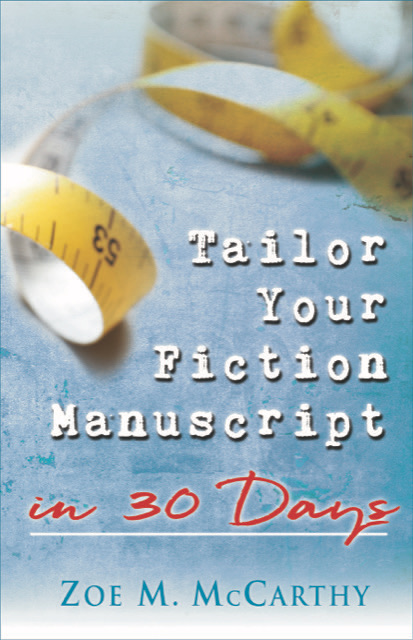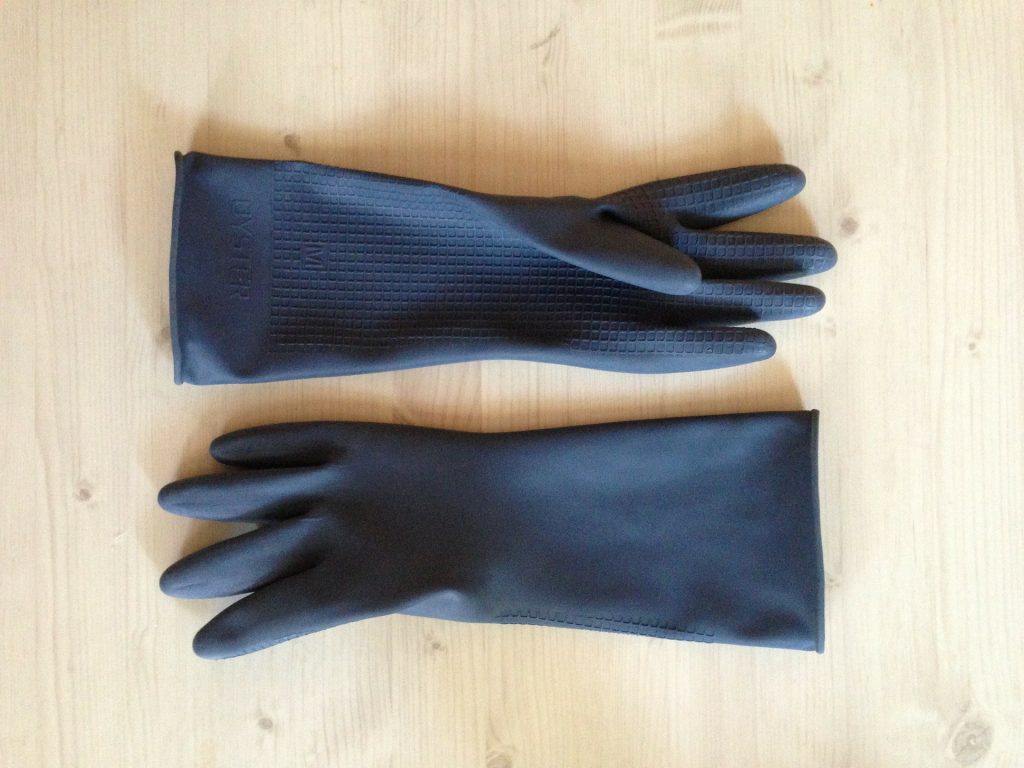

Tailor Your Fiction Manuscript in 30 Days is now available. See details below.
The Exercise
Pick a paragraph from your first draft or even from a book. Circle the
- nouns,
- verbs,
- adjective, and
- adverbs.
Circle them. Then use your imagination, thesaurus, or Flip Dictionary by Barbara Ann Kipfer. Ph.D. and see if you can replace each circled word with a word that gives a more powerful image.
Caution: We’re not trying to make the object, action, or description more intense than what is really happening in the paragraph, i.e. we’re not going for melodrama.
Let’s look at three examples that show a bland, powerful, and melodramatic paragraph. For your first round, try not to rewrite the paragraph, which might be the best solution. For now, we’re trying to think of more powerful, image-producing words. Of course, you’ll find that one word is more powerful than two or a phrase, so go ahead and replace those with the one word.

Bland
The oncoming train’s horn tooted. A couple of children sitting on the train deck picked up their toys, put them in small bags, and hurried after the moving train. An old man worked hard to stand from his chair and followed them. Many other happy people ran around the old man, brushing against him. When the train stopped, people hollered as military men came off the train.
Powerful
The approaching locomotive’s whistle blasted. Two boys kneeling on the station platform gathered their marbles, stuffed their aggies and shooters into string-tied pokes, and raced toward the chugging train. A time-worn senior struggled to rise from the station bench and trailed the boys. A joyous throng streamed past the octogenarian, jostling against the man. When the engine stopped, the crowd cheered as soldiers spilled from the train.
Melodramatic
The barreling mechanical snake’s siren screamed. Two imps sprawled on the cement slab grabbed their dice, crammed them into metal-studded pockets, and hurdled toward the train. An ancient geezer cracked his back as he removed his haunches from the metal seat and pursued the scallywags. Other ecstatic people galloped past the senile codger, knocking him flat. When the coach stopped, the mob shrieked as combatants stormed off the train.
Although the melodramatic version uses power words. It fails to retain the spirit of the original, although bland, paragraph.
What words would you have used for the power version?

Zoe McCarthy’s book, Tailor Your Fiction Manuscript in 30 Days, is a fresh and innovative refocusing of your novel or novella. Through a few simple—and fun—steps, Zoe helps writers take their not-ready-for-publication and/or rejected manuscripts to a spit-polish finish. Writing is hard work, yes, but it doesn’t have to be difficult. —Eva Marie Everson, best-selling and multiple award-winning author, conference director, president of Word Weavers International, Inc.
If you want to increase your chance of hearing yes instead of sorry or not a fit for our list at this time, this book is for you. If you want to develop stronger story plots with characters that are hard to put down, this book is for you. Through McCarthy’s checklists and helpful exercises and corresponding examples, you will learn how to raise the tension, hone your voice, and polish your manuscript. I need this book for my clients and the many conferees I meet at writer’s conferences around the country. Thank you, Zoe. A huge, #thumbsup, for Tailor Your Fiction Manuscript in 30 Days. —Diana L. Flegal, literary agent, and freelance editor
Tailor Your Fiction Manuscript is a self-editing encyclopedia! Each chapter sets up the targeted technique, examples show what to look for in your manuscript, then proven actions are provided to take your writing to the next level. Whether you are a seasoned writer or a newbie, you need this book! —Sally Shupe, freelance editor, aspiring author.









 RSS - Posts
RSS - Posts